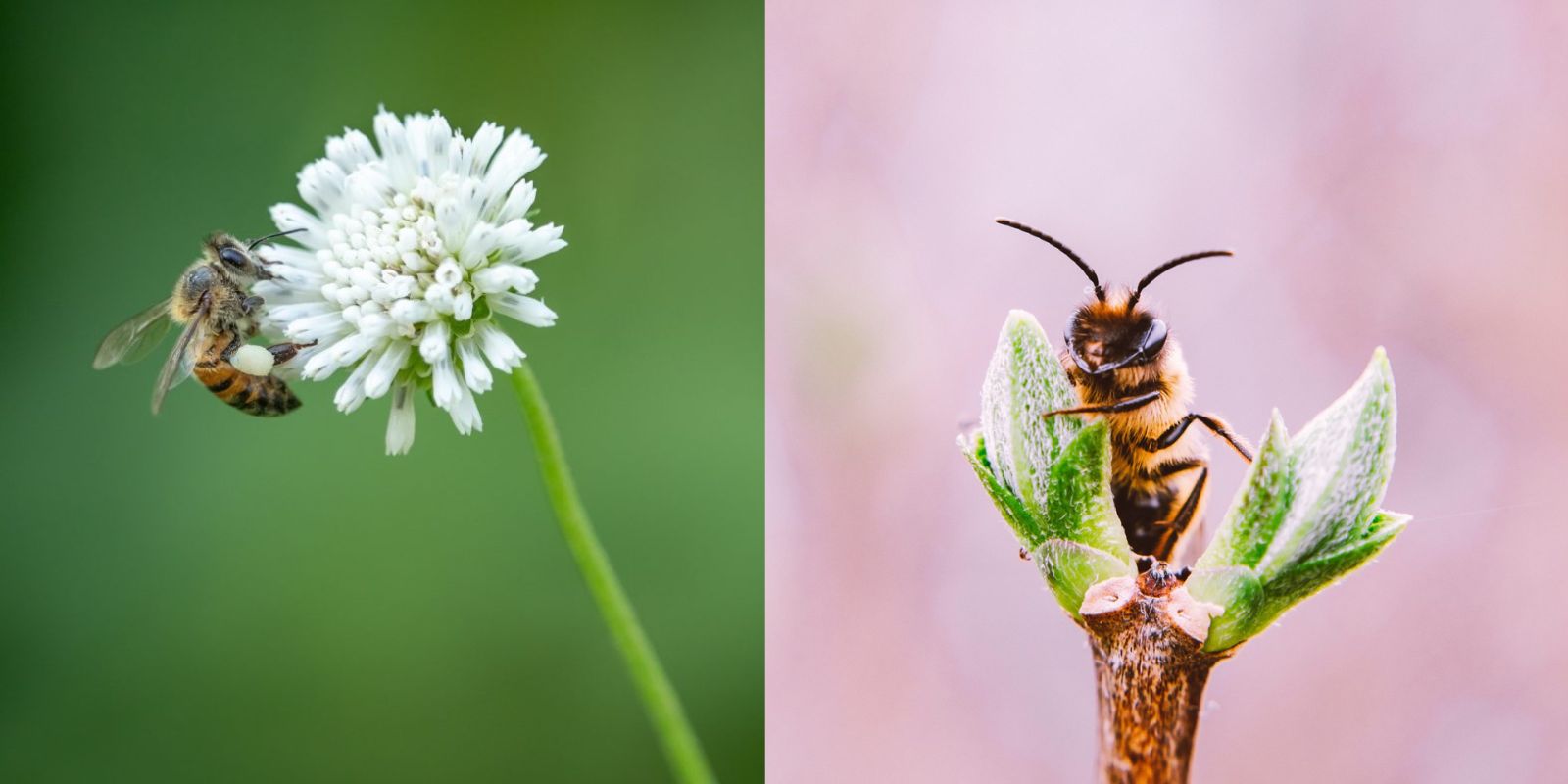Introduction:
Bees are among the most vital pollinators on our planet. They contribute significantly to the health of ecosystems by pollinating plants, which in turn supports biodiversity and food production. However, bees face numerous threats including habitat loss, pesticides, and climate change. As Earth Day approaches, it’s an ideal time to focus on bee conservation. This article will guide you through practical steps to protect and support bee populations, making a meaningful impact on our environment.
Understanding the Importance of Bees:
Bees play a crucial role in pollinating flowering plants. According to the Center for Pollinator Research at Penn State, bees are responsible for pollinating about 70% of the world’s flowering plants and approximately 35% of the world’s food crops. This includes essential fruits, vegetables, and nuts. Without bees, many of the foods we enjoy and the natural beauty of our gardens would not exist.
The Decline of Bee Populations:
In recent years, bee populations have been declining at alarming rates due to various factors. Pesticides, especially neonicotinoids, have been linked to bee deaths. Habitat destruction from urbanization and agricultural expansion reduces the availability of food and nesting sites. Climate change also disrupts the timing of flowering plants, making it difficult for bees to find food.
How to Make a Difference:
Here are some effective steps you can take to support bee conservation:
1. Create Bee-Friendly Gardens:
A garden can be a haven for bees if you plant the right flowers. Bees are attracted to a variety of nectar-rich plants. Aim to include:
- Diverse Flowering Plants: Plant a mix of native and non-native species to provide a range of nectar and pollen sources. Good choices include lavender, echinacea, sunflowers, and marigolds.
- Seasonal Blooms: Choose plants that bloom at different times throughout the year to ensure a continuous food source for bees. Consider including early bloomers like crocus and late bloomers like asters.
- Herbs and Vegetables: Herbs like mint, rosemary, and thyme are great for bees. Vegetables such as squash and beans also provide nectar and pollen.
2. Avoid Harmful Pesticides:
Pesticides can have detrimental effects on bees. To protect them:
- Opt for Organic Alternatives: Use natural pest control methods such as neem oil, insecticidal soap, or beneficial insects like ladybugs.
- Apply Pesticides Wisely: If you must use pesticides, apply them in the evening when bees are less active, and avoid spraying directly on plants that are in bloom.
- Promote Integrated Pest Management (IPM): IPM involves using a combination of techniques to manage pests in an environmentally friendly way.
3. Provide Nesting Sites:
Bees need suitable nesting sites to reproduce and thrive. Help them by:
- Installing Bee Hotels: Bee hotels provide shelter for solitary bees. You can purchase pre-made bee hotels or create your own using bamboo sticks or drilled wooden blocks.
- Creating Natural Nests: Leave areas of bare soil in your garden for ground-nesting bees. Also, leave dead wood or brush piles as nesting sites for certain bee species.
- Avoiding Mulch Overuse: Mulch can cover and destroy ground-nesting sites. Use mulch sparingly and create open patches for nesting.
4. Support Local Beekeepers:
Local beekeepers play a crucial role in maintaining healthy bee populations. Support them by:
- Buying Local Honey: Purchasing honey from local beekeepers supports their work and promotes sustainable beekeeping practices.
- Participating in Beekeeping Workshops: Many local beekeepers offer educational workshops. Attend these to learn more about bee conservation and how you can help.
- Promoting Pollinator-Friendly Practices: Advocate for practices that support beekeepers, such as planting bee-friendly plants and supporting local legislation for pollinator protection.
5. Educate and Advocate:
Raising awareness about bee conservation is key to making a broader impact. You can:
- Share Information: Educate your friends, family, and community about the importance of bees and how they can help.
- Advocate for Policy Changes: Support policies and legislation that protect pollinators and their habitats. Contact your local representatives and voice your support for bee-friendly initiatives.
- Join or Support Bee Conservation Organizations: Many organizations work to protect bees and their habitats. Consider joining or donating to groups such as the Bee Conservation Trust or the Xerces Society.
Conclusion:
As Earth Day approaches, consider taking these steps to support bee conservation. By creating bee-friendly gardens, avoiding harmful pesticides, providing nesting sites, supporting local beekeepers, and educating others, you can make a significant impact on bee populations and the environment. Every action counts, and together, we can help protect these vital pollinators for future generations.
Motivational Sentence:
This Earth Day, take action to protect our buzzing friends and support bee conservation efforts! 🌸🐝 #BeeConservation #EarthDay #PollinatorProtection #GardenForBees #EcoFriendly #SaveTheBees #GardeningForGood

